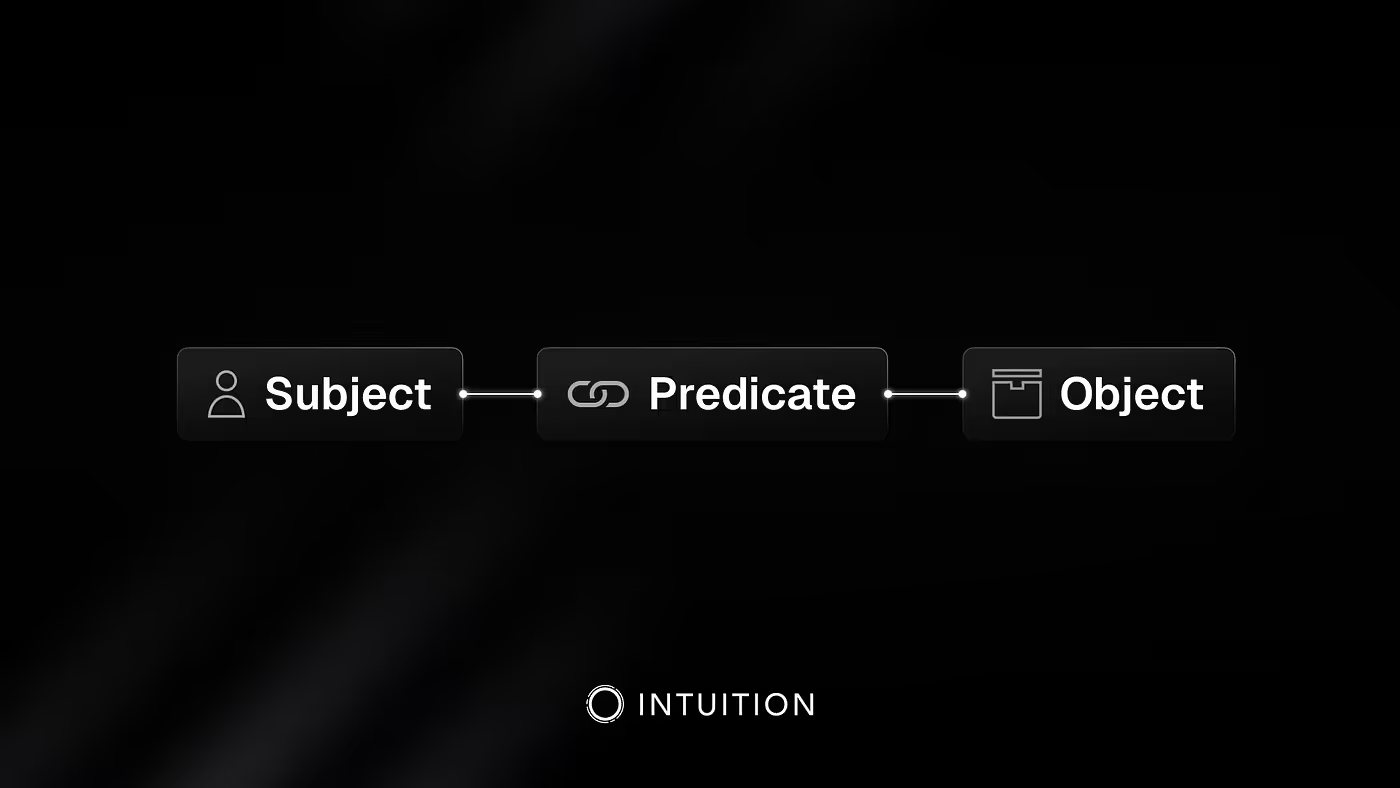Tech
Beyond Web2: How Intuition is Reimagining Data, Trust, and Reality

A careful look back at the digital revolution over the past 40+ years shows that technology adoption often starts as a slow, niche movement fueled by idealism. But once traction is gained, relentless iteration begins, eventually leading to the tipping point — the elbow of the adoption curve.

In just two generations, we’ve gone from hobbyists tinkering with circuit boards in their garages to a world where almost everyone carries a high-speed internet-connected phone with artificial intelligence in their pocket. This global shift happened quickly, and its far-reaching consequences are still being understood today.
That fast pace of iteration is now repeating itself with the decentralized web. Bitcoin, born out of necessity, showed the world the power of censorship-resistant money. Then Ethereum demonstrated the potential of censorship-resistant computation. Now, we’re witnessing the rise of censorship-resistant developer tools and services, moving at a breakneck speed.

Just over a decade ago, hardcore enthusiasts were mining Bitcoin in their garages. Today, publicly traded companies are mining it with specialized hardware. At the same time, Web3 builders have been quietly working to complete the decentralized tech stack, knowing that the next decade will iterate exponentially faster than the Web 2.0 era.
The decentralized app revolution is still in its infancy, and at Intuition Systems, we believe the tools we’ve developed will help unlock the first wave of mainstream blockchain-powered applications, offering unprecedented use cases.
The rise of monolithic Web 2.0 tech giants has led to the creation of massive, walled-off data lakes, weaponized to maximize engagement and retention. This era — known as the attention economy — has seen data brokered to advertisers, private companies, and even public surveillance. Information has been skewed to push selfish interests, driving us toward a dystopian reality.
Despite society’s clear demand for data accountability, today’s internet lacks it. Fact-checking efforts are often privatized, closely tied to the same organizations they’re meant to hold accountable. Features like X’s “community notes” offer some improvement by giving individuals the ability to police information, but it’s still just the beginning.

At Intuition, we’ve taken note of both the successes and failures of these systems and are proposing a new way to handle data. Our approach ensures that the contextual information needed for better decision-making is available exactly when users need it. Intuition can be thought of as “community notes for everything,” but that’s only part of the vision. By reimagining how data is created, structured, monetized, and tagged, Intuition unlocks new use cases for developers.
Leveraging blockchain-powered Web3 primitives, Intuition provides digital identities for anything — from people and ideas to AI agents — and creates a standard for commenting on and gathering aggregate sentiment about that data. Users (human or AI) can make claims about identities and back those claims with monetary value, allowing the world to express itself more clearly and construct nuanced levels of trust.

At its core, Intuition combines atoms (discrete units of knowledge), triples (subject, predicate, object strings), and signals (staking monetary value for or against something) to give developers and users access to a new data layer that integrates accountability, trust, and reputation directly into the internet’s protocol layer.
We see a future where objective reality becomes more aligned with social reality — a collective belief about how things are. Users will no longer be siloed within individual applications; instead, they’ll own their data and reputation across the web. Knowledge and self-expression will be directly monetizable, and instead of handing that value to Web 2.0 platforms, individuals will maintain sovereignty over their data and benefit from it. Meanwhile, developers will have open access to communal data, allowing their applications to be judged on their utility rather than their ability to lock in users.
As Web 2.0 giants gained monopolistic control over data and stifled developer innovation, Intuition offers a new paradigm for data ownership and monetization. By asking the simple question, “What if we reimagine how value flows through data?” we’re creating the conditions for a Web3 application boom. Data is at the heart of every app, and by redefining its rules, we’re jumpstarting a new era for the internet.
While our vision will take time to unfold, success is clearly defined: We want to see the next generation of developers integrate Intuition’s standards into their applications from day one. Developers will gain access to a wealth of communal data and contextual information, while users will experience seamless ownership of their data and identities, with the freedom to move across Intuition-enabled apps with near-zero switching costs.
Over the coming weeks and months, we’ll be continuing to pull back the curtain on Intuition as we move out of stealth mode. We’ll dive deeper into how we’re solving the data problem and why we believe the Intuition Knowledge Graph will become the world’s default public dataset. Developers will no longer need to build their own databases from scratch — they can tap into a globally available graph of identities and claims.
Our approach has the power to reshape not only identity and reputation but reality itself. We’re building something that is part developer tool and part consumer platform — a “platform of platforms.”
We’re excited to invite visionaries, pragmatists, and dreamers to join us. If you’re reading this, you have the chance to shape the future with us. Follow us on X, Telegram, and Discord, and stay tuned for our upcoming community quests — the perfect way to get involved early and stay updated on all of our major protocol announcements.
X: @0xintuition
Telegram: t.me/intuitionsystems
Discord: https://discord.com/invite/0xintuition
Website: https://intuition.systems
Author
Matt
Published
December 13, 2024
